Sleep with peace of mind: discover the Medlogics waterproof edgable cover You want to give your child or a loved one reliable protection against night-time accidents.
Blog navigation
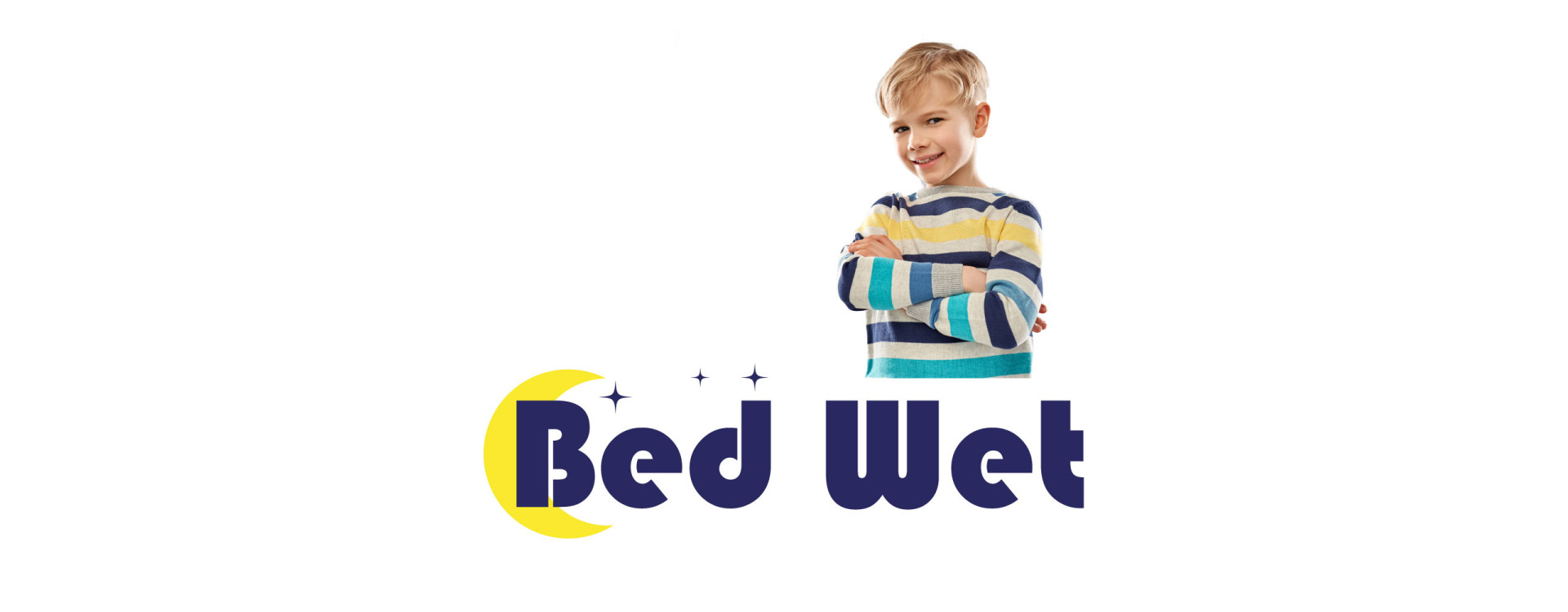
Bedwetting alarm or Minirin ©? Which is the best treatment?
Estimated Reading Time:
Related products
Dri Sleeper - Alarm stop pee Excel
Price: €59.95
Powerful sound, as soon as the first drops of urine are released (sounds...
Rodger - Wireless pee alarm
Price: €94.00
Unique Rodger® underwear probe system
UNDERWEAR NOT INCLUDED IN THIS...
Uriflex - Stop Pee Mickey wireless
Price: €96.00
New wireless alarm from urifoon, kids will love it
High-quality sensor with...
Uriflex - Apollo 24 pee stop alarm
Price: €69.95
Multiple alarms: Sound, Vibration, Sound + Vibration
Several types of...
MoDo-king - Alarm stop pee V2
Price: €39.95
Sound + Vibration at the first drop of urine
Case attaches to the shoulder...
Rodger - Alarme stop pipi Amigo Clip
Price: €45.90
Treatment for nocturnal enuresis or incontinence and toilet training
8...
Rodger - Stop pee alarm Amigo Button
Price: €55.90
Treatment for nocturnal enuresis or incontinence and toilet training
8...
Rodger - Amigo wireless pee alarm
Price: €65.90
Treatment for nocturnal enuresis or incontinence and toilet training
8...
Uriflex - Liberty Wireless Pee Stop Alarm
Price: €134.90
The best Stop Pee alarm on the market!
10 chimes with adjustable volume;...
Uriflex - Set of 2 underwear + Liberty wireless pee-stop alarm
Price: €0.00
Kit: 1 Liberty wireless alarm + 2 boxers or shorts
The best Stop Pee...
Uriflex - Set of 4 Liberty wireless underwear + vibrator + stop pee alarm
Price: €0.00
Kit: 1 Liberty wireless alarm + 4 boxers or shorts + 1 vibrator
The best...
Uriflex - Set of 2 underwear + Mickey wireless pee-stop alarm
Price: €0.00
1 wireless Mickey alarm + 2 boxer shorts
5 different sounds and adjustable...
Uriflex - Set of 4 underwear + Mickey wireless pee-stop alarm
Price: €0.00
1 wireless Mickey alarm + 4 boxer shorts
5 different sounds and adjustable...
Rodger - Set of 2 underwear + wireless pee-stop alarm
Price: €0.00
1 Rodger wireless alarm + 2 boxer shorts
Battery operated or 220v mains...
Rodger - Set of 4 underwear + vibrator + wireless stop pee alarm
Price: €0.00
1 Rodger wireless alarm + 4 boxer shorts
1 Vibrator
Battery operated or 220v...
Rodger - Set of 2 underwear + Amigo wireless pee-stop alarm
Price: €0.00
Rodger® Amigo Wireless Kit + 2 boxers or Shortys
Treatment for nocturnal...
Rodger - Set of 4 underwear + Amigo wireless pee-stop alarm
Price: €0.00
Rodger® Amigo Wireless Kit + 4 boxers or Shortys
Treatment for nocturnal...
Rodger - Set of 2 underwear + Amigo Button pee-stop alarm
Price: €0.00
Rodger® Amigo Button Kit + 2 boxers or shorties
Treatment for nocturnal...
Uriflex - Lot de 25 Dry-Mate + alarme stop pee Apollo 24
Price: €0.00
1 Apollo 24 + 25 Dry-Mate alarm
Multiple alarms: Sound, Vibration, Sound +...
Uriflex - Lot de 75 Dry-Mate + alarme stop pee Apollo 24
Price: €0.00
1 Apollo 24 + 75 Dry-Mate alarm
Multiple alarms: Sound, Vibration, Sound +...
Uriflex - Set of 2 underwear + Apollo 24 pee-stop alarm
Price: €0.00
1 Apollo 24 alarm + 2 boxer shorts
Multiple alarms: Sound, Vibration, Sound...
Liberty rental 1 month
Price: €40.00
Additional 1-month rental Liberty Wireless Alarm
Applies only to alarms...
Liberty rental + vibrator 1 month
Price: €56.00
Additional 1-month rental Liberty Wireless alarm with vibrating alarm...
Rental - Liberty + 2 underwear - 2 months
Price: €0.00
Liberty 2 month programme + 2 pairs of underwear
Adjustable alarm ideal for...
Rental - Liberty + vibrator + 2 pairs of underwear - 2 months
Price: €0.00
Liberty programme + 2 underpants + vibrating alarm
Adjustable buzzer ideal...
Leave a comment
Related posts
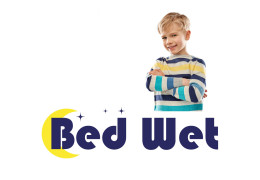 DRI SLEEPER Excel Bedwetting Alarm for Enuresis
DRI SLEEPER Excel Bedwetting Alarm for Enuresis
Posted in:
Les Alarmes Pipi Stop
09/15/2014

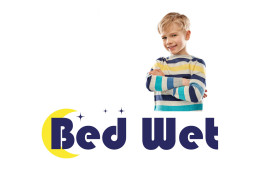
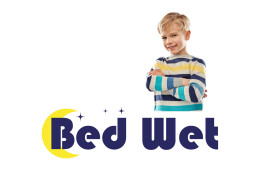
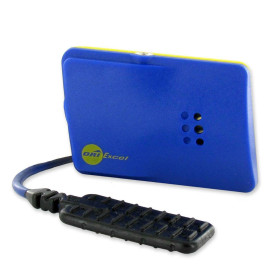
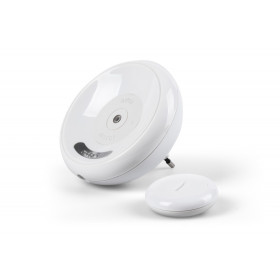
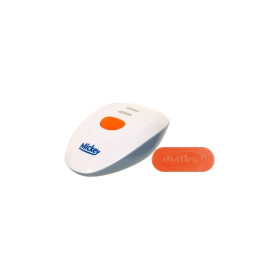
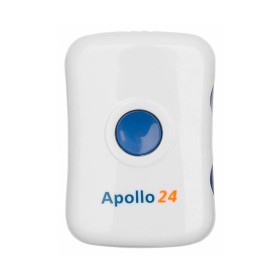
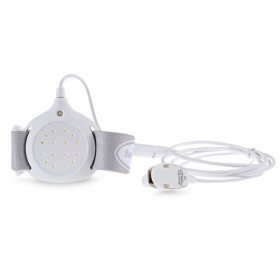
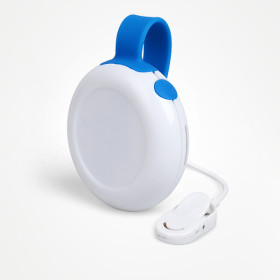
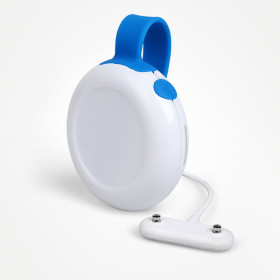
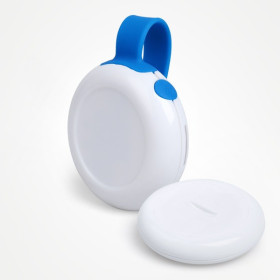
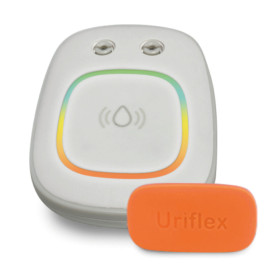
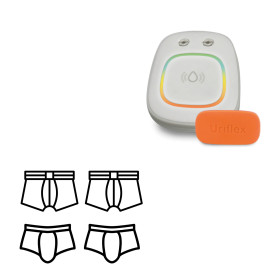
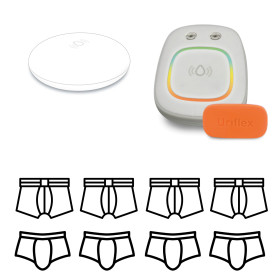
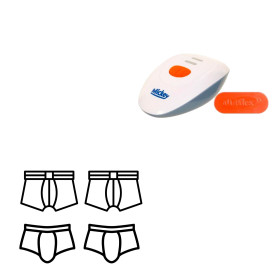
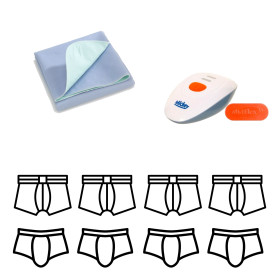
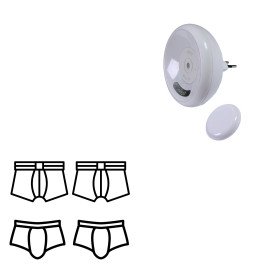
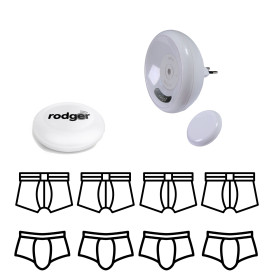
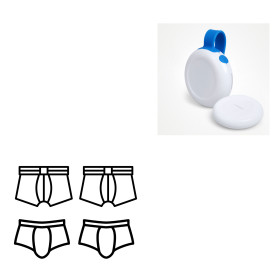
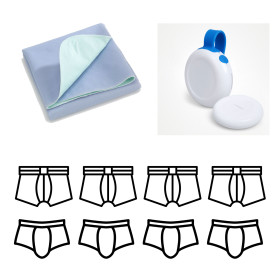
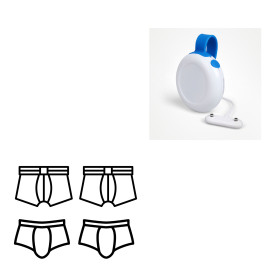
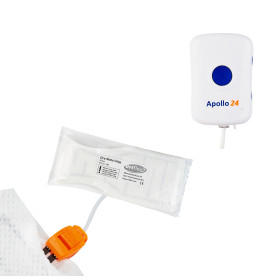
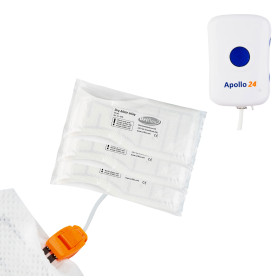
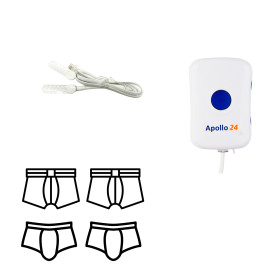
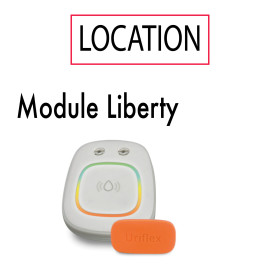
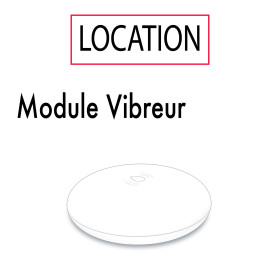
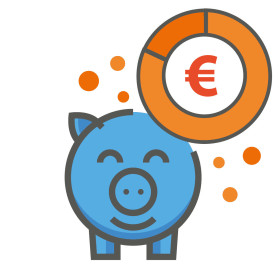
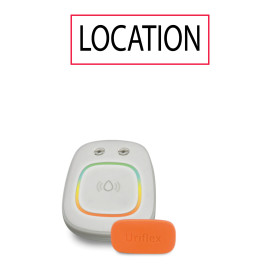
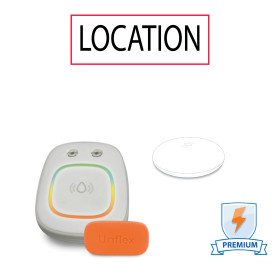
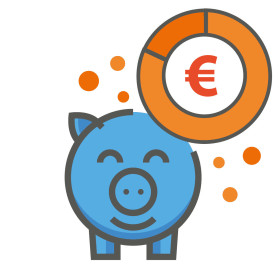
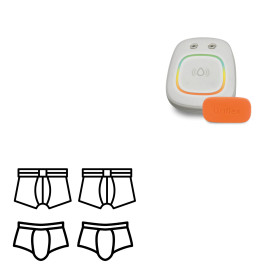
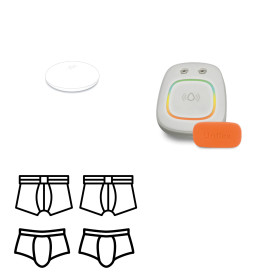
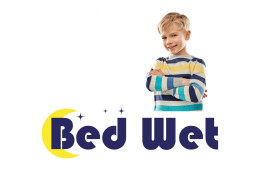
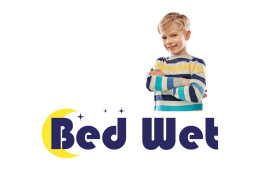
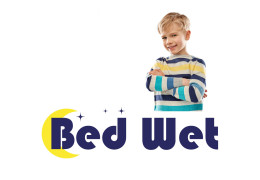
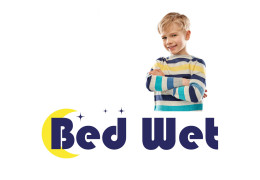
Latest comments